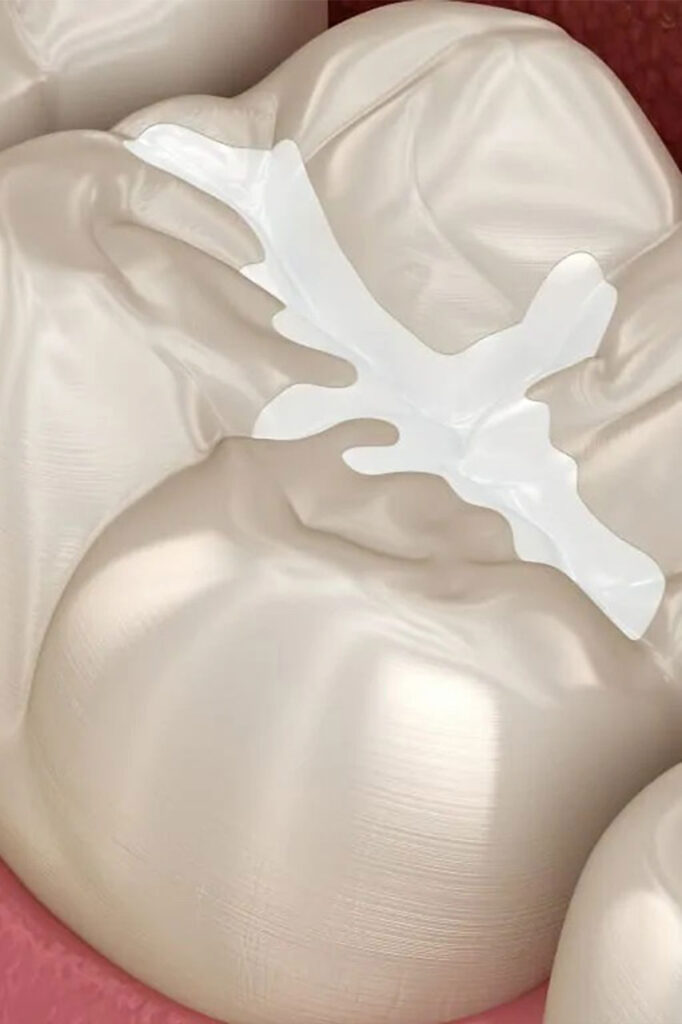Get your smile and your confidence back

An estimated 20 million people in North America suffer the physical and emotional effects of missing teeth. With dental implants, you can get your smile, your chewing function and your confidence back. Dental implants are permanent replacements for missing teeth. They look, function and feel like healthy, natural teeth. Unlike crown and bridge treatment, dental implants do not require the alteration of adjacent natural, healthy teeth. Dental implants also prevent bone loss and any movement of natural, healthy teeth.
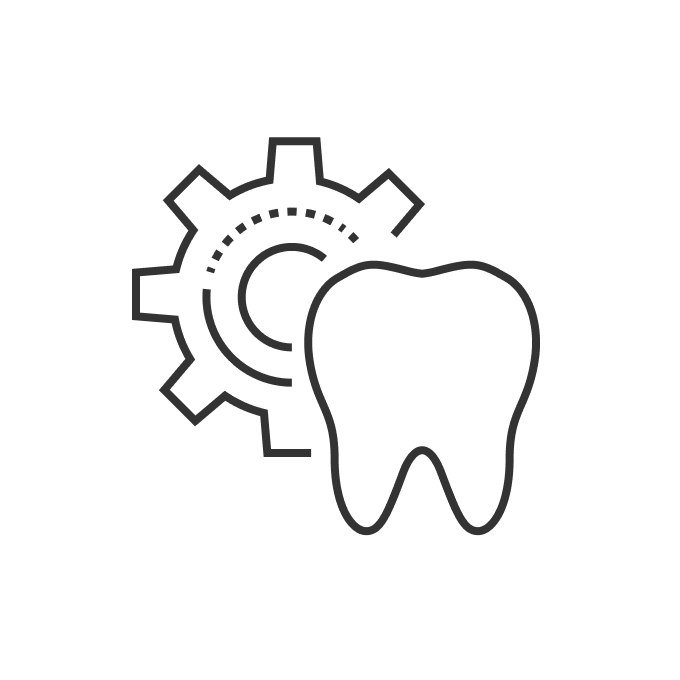
Dental implants are most often made of titanium and consist of an anchor or root (the implant), and an abutment and crown (the prosthetics). The dental implant is surgically placed into the jawbone, under the gums, and actually encourages the bone to attach to it, which in turn secures the implant into the jaw. The prosthetic (abutment and crown) is attached to the integrated dental implant to complete your new smile. Dental implants can be used to support single teeth, bridges and dentures. To find out more, check out this article from the American Dental Association on Dental Implants.
Get your smile and your confidence back
We offer a variety of Teeth Whitening options
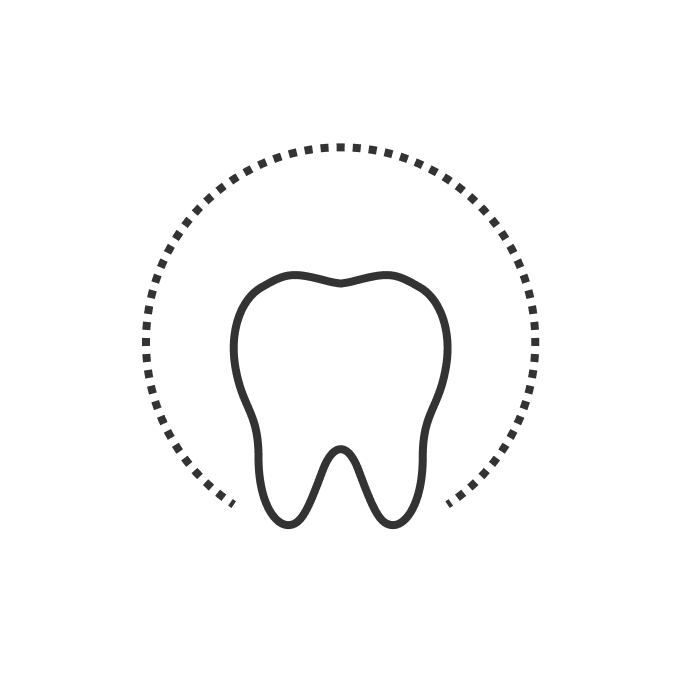
It’s a bleaching process that lightens discolorations of enamel and dentin using a mild solution of Carbamide Peroxide or Hydrogen Peroxide. Discoloration can be caused by many factors, including consumption of staining substances (coffee, tea, colas, tobacco), trauma, nerve degeneration, and old restorations. Research and clinical studies indicate that whitening teeth with Carbamide Peroxide or Hydrogen Peroxide under the supervision of a dentist is safe for teeth and gums.

Teeth will always be lighter than they once were. However, some patients may need a tooth whitening “touch-up” for a few days, once or twice a year. In order to maintain the whitest tooth shade possible, it is best to avoid substances like coffee, tea, red wine and tobacco. Find out more about tooth whitening from the American Dental Association.
Have cracked teeth, gaps, unevenly spaced or short teeth? Cosmetic veneers and bonding may be the solution for you. With cosmetic veneers and bonding, we are able to fill in teeth, restore and reshape teeth with minimally invasive procedures that preserve as much natural tooth as possible and sometimes require no tooth removal! Some procedures can even be completed in one visit. Call today and schedule an appointment to discuss how we can help improve your smile with cosmetic veneers and/or bonding.
For more information and videos from a trusted resource, visit the American Dental Association’s Mouth Healthy site.

Get your smile and your confidence back
Help stop pain from a diseased tooth
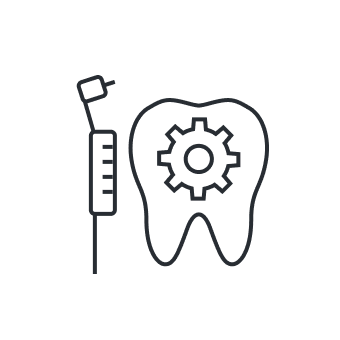
Root canal treatment is often the only way to save a tooth and repair damage caused by infection or damage to the tooth’s pulp, which contains nerves and blood vessels. A root canal enables you to keep your tooth, even if it is no longer alive.

Learn more about why and when to have a root canal at the American Dental Association Mouth Healthy site.
Prevent further decay and tooth pain.

When bacteria causes tooth decay tooth decay, the best remedy is to get the tooth filled with a durable material to prevent further decay and tooth pain. The most used material is resin composite, a tooth colored material.
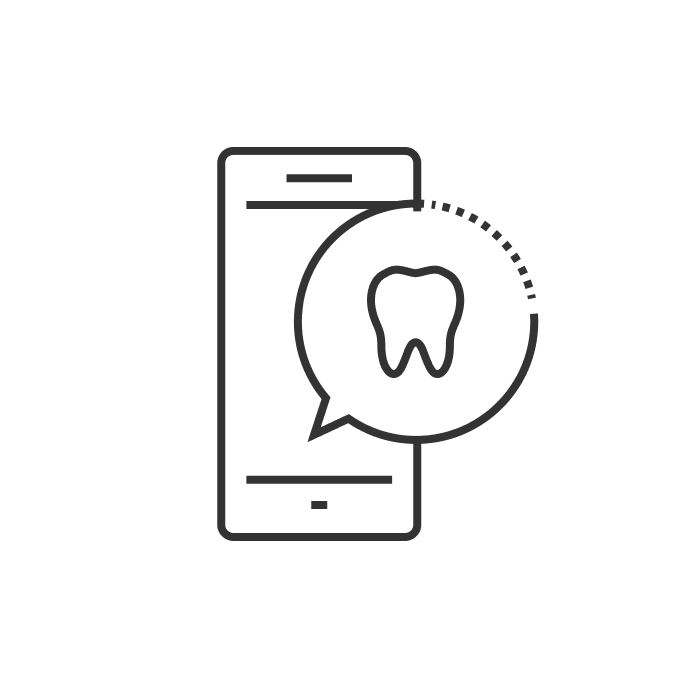
Get more information on amalgam fillings from the FDA, and more information about composite fillings from the American Dental Association Mouth Healthy site .
Crowns (sometimes referred to as caps) are used to cover teeth that have been weakened by decay, cracks, or breakdown of large, old fillings. Crowns may also be needed after a root canal. The affected tooth is trimmed down so that the crown can be properly fitted over it. The most common materials used for crowns are porcelain, porcelain fused to metal or gold. Crowns can last from five to more than 15 years, depending on the material and care of the teeth.
Learn more about crowns from the American Dental Association Mouth Healthy site.
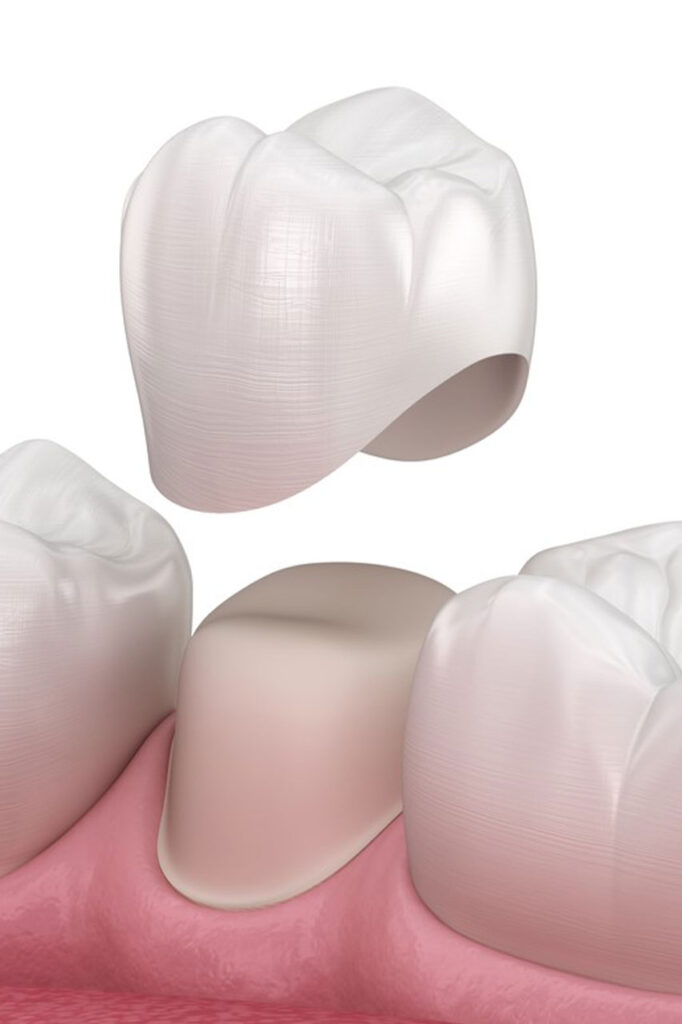
Get your smile and your confidence back
Regular check-ups help prevent gum disease

For adults, periodontal (gum) disease is a major cause of tooth loss. Often painless, gum disease may develop slowly or progress quite rapidly. This disease can occur at any age, and unless you have regular dental checkups, including a periodontal exam, you may not be aware you have a problem until your gums and bone have been seriously compromised.

Find out more about gum disease prevention at the National Institutes of Health site and the American Dental Association Mouth Healthy site.
Dental sealants help prevent tooth decay by creating a barrier between tooth enamel and bacteria that can cause tooth decay. The chewing surface of molar teeth are especially prone to tooth decay. Even with regular brushing and flossing, it’s impossible for toothbrush bristles to reach to the bottom of the grooves of your back teeth. A dental sealant is a resin material that is applied to the chewing surface grooves, protecting the tooth by “sealing out” plaque bacteria and food.
Ask us whether sealants can put extra power behind your prevention program during your next dental visit. Get further details on dental sealants from the National Institutes of Health and from the American Dental Association Mouth Healthy site.
